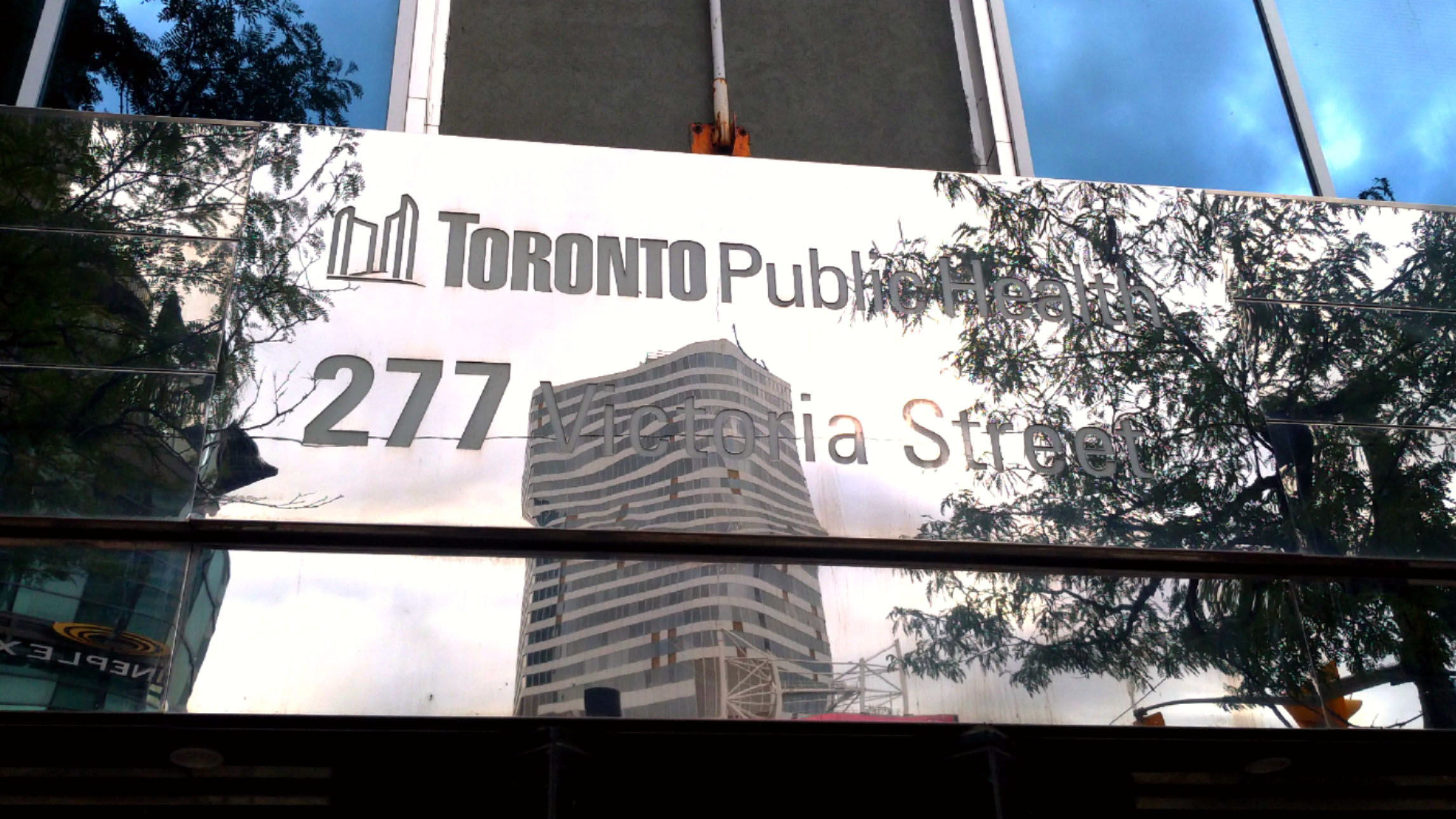Toronto took a step toward decriminalizing drug possession by asking Health Canada last week for exemptions to allow for the possession of drugs for personal use.
The wave of drug-related deaths since the opiate crisis began prompted the initiative, which hopes to transform the issue from one of criminality to one of public health. Trafficking and other drug-related offences would remain illegal.
Lazar Markovic, a spokesperson with Addiction Rehab Toronto, said the Developing an Alternative Model to Drug Criminalization in Toronto plan would only be a good idea if accompanied by educational measures.
“The public needs to be educated on the risks of taking these substances,” he said. “Most people have no idea what is happening in their bodies when they use drugs.”
Any changes in the city’s laws around drugs wouldn’t impact students on Humber College. The college has maintained a strict smoke-free policy since 2019.
Toronto Public Health reported that last year 521 overdose-related deaths were recorded, up 78 per cent from 2019.
Over the first three months of this year, paramedics have responded to 93 overdose calls involving death compared to 46 in the same period of 2020.
More than 5,000 people responded to a recent Toronto Public Health survey asking for opinions on decriminalization, with staff analyzing the results.
The decriminalization movement has been based on the awareness that current drug policies disproportionately affect vulnerable and racialized communities.
The damage addiction does ripples beyond the individual to their family and community.
When Gabriel Guerra was a child, he and his twin brother, Terso, witnessed their mother’s first crisis when she started using cocaine shortly after moving with her children to Lisbon.
On Rua Maria Pia in Casal Ventoso, a neighbourhood in which one of the largest drug markets in the Portugal, Guerra witnessed conflict, violence, and human decline.
“It was rare for me to cross the street to go to school and not see anyone fallen to the ground, under the influence of any substance,” he said.
About four years later, and back in Brazil, the boys’ mother began treatment at a rehabilitation clinic in São Paulo.
Terso shared with his brother a mixed sense of relief and anguish as he recalled the process his mother had to go through.
“It was a very painful situation for everyone,” he said. “Personally, I believe that drug addiction goes far beyond the criminal issue. She was clearly a sick person who needed help.”
For Guerra Gabriel, who saw his mother transform after recovery treatment, decriminalization initiatives are heartening.
“A drug user is first and foremost a person who needs help,” he said. “Focusing on providing that help seems like the right way to go.”
Toronto Public Health encourages anyone with thoughts about an alternative model to drug criminalization in the city to submit comments to TPHconsult@toronto.ca.

